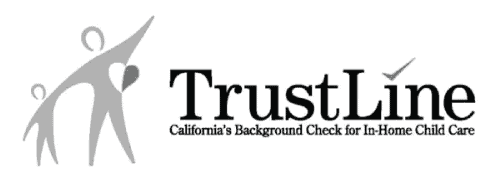Have you recently discovered you’re pregnant? Planning to bring a baby into the world is a wonderful and exciting time that often inspires people to make healthier lifestyle choices. Whether it’s working on eating better, increasing your activity level, or working on managing pre-existing health conditions, there are plenty of ways to improve your health habits during pregnancy and beyond. Here are some tips to keep in mind.
Healthy Eating
Making sure you eat plenty of healthy foods and staying hydrated are key to maintaining a healthy pregnancy. How many calories you need depends on a variety of things – including your age and what your weight was before you became pregnant. Be sure to talk to your doctor about how many calories you should be consuming throughout each trimester to ensure you are within the right range. Each person is different, but it’s important to know what the appropriate amount of weight gain is for your specific situation. If you are gaining too much, there may be additional health risks to be concerned about.
A healthy menu for pregnancy includes lots of nutrient-rich foods and beverages. Fresh fruits and vegetables provide important fiber, minerals, and vitamins, and whole grains such as bread, brown rice, or oatmeal can be a great source of B vitamins and fiber. Make sure you have enough calcium and vitamin D intake by using low-fat milk options or nondairy almond, rice, or soy milk. Protein is also a huge part of maintaining a strong and healthy body during pregnancy. Eggs, lean meats, seafood, nuts, or peas are great protein sources.
And while you might be craving all sorts of odd things during this time, it’s important to be mindful of your sugar and fat intake. Sugary beverages like soda or fruit juices should be consumed in moderation. Try not to load up on fatty junk foods like cookies, chips, or other salty or buttery products that don’t really fill you up.
If you are vegetarian, it’s important to talk to your health care professional to ensure you’re getting enough iron, protein, vitamin B12, folate, vitamin D, and calcium. If you need to supplement with additional vitamins and minerals during pregnancy, talk to your doctor about which ones are safest and what dosage is recommended. You should also talk to your doctor about which prenatal vitamin is best for you. During pregnancy, your body needs more vitamins and minerals – after all, you are growing another human inside of you and that requires a lot!
Physical Activity
Staying active while you’re pregnant is also important. Unless your doctor has ordered you to stay away from all physical activity or you are on bed rest, you should move around often. Regular physical activity can help you and your baby gain the right amount of weight, can help reduce bloating, cramps, or backaches, and also reduce your risk for developing diabetes during pregnancy.
Talk to your doctor about how you’ll need to change your workouts during pregnancy. Don’t engage in sports that increase your risk of falling or injuring your abdominal area and avoid exercising in hot weather. Though you might not be able to do all of what you were used to doing pre-pregnancy, don’t worry: there are lots of ways to stay fit. Maybe it’s walking a couple of miles each day after work, doing a water aerobics class, or signing up for a prenatal yoga class. If you need to, pencil in a specific time each day or weekend when you will focus on your physical activity. This will keep you on track in committing to those plans.
After Baby
Once you have your sweet little one in your arms, your life’s schedule will change dramatically. And while a significant part of your time and energy is going to be dedicated to taking care of your baby, be mindful that you need to care for yourself too. Prioritize healthy eating, getting as much rest as possible, and staying active. Slowly work on returning to a healthy weight. Doing so can help lower your risk of developing heart disease, diabetes, or other weight-related problems.
You can even take the baby along with you! Buy a running stroller and set out for daily walks or runs when you’re up to it. Or buy a baby carrier that allows you to ‘wear’ the baby while you walk.
Be good to yourself – before, during, and after pregnancy. Prioritize your body, ask for help when you need it, and stay connected with friends, family, or another network of parents with new babies. This will help you be a healthier parent – physically, mentally, and emotionally.



